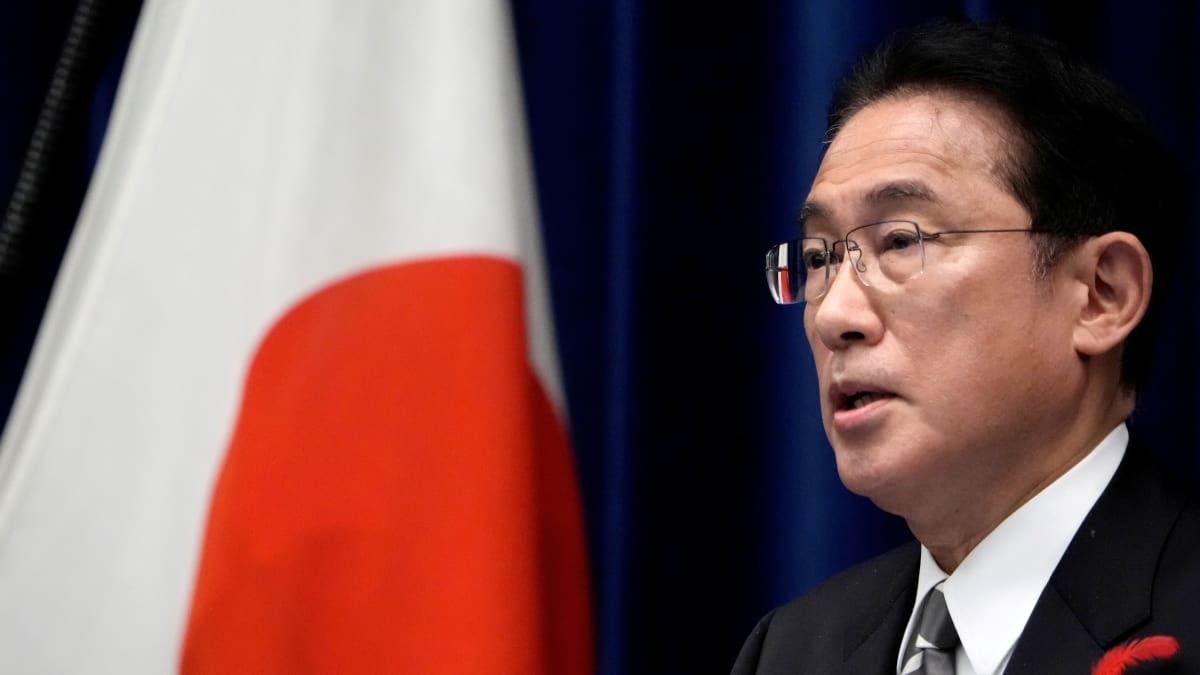Japan’s Nikkei 225 index closed higher on Wednesday, buoyed by the announcement that Prime Minister Fumio Kishida will step down later this year. The benchmark index gained 0.6% to reach 36,442.43, marking its third consecutive day of gains. Kishida’s resignation, scheduled for September, is seen as a strategic move to reinvigorate the ruling Liberal Democratic Party (LDP) ahead of future elections.
The market initially surged by over 1% after reports confirmed Kishida’s decision to step down as LDP leader, with analysts predicting a minimal impact on the stock market due to Kishida’s already low approval ratings.
However, gains narrowed towards the close as investors awaited key U.S. consumer price data expected later in the week. Automakers led the rally, with Toyota Motor and Honda Motor both posting gains of over 3%, making the sector the day’s top performer. Meanwhile, tech stocks showed mixed results; Advantest Corp saw a 1% rise, while Tokyo Electron slipped by 0.6%.
Investors are now closely monitoring upcoming U.S. economic data, including retail sales and labour statistics, which could influence global market trends. The yen’s performance in response to these reports will also be crucial as Japan’s market navigates these evolving economic conditions.
Kishida’s resignation adds another layer of uncertainty to the economic landscape, with the transition in leadership potentially influencing Japan’s fiscal policies and market strategies. Despite this, the Nikkei’s positive performance reflects investor confidence in Japan’s economic resilience and the potential for stability under new leadership. The LDP prepares for its upcoming leadership race, the focus will remain on how the new administration will navigate both domestic and international economic challenges

